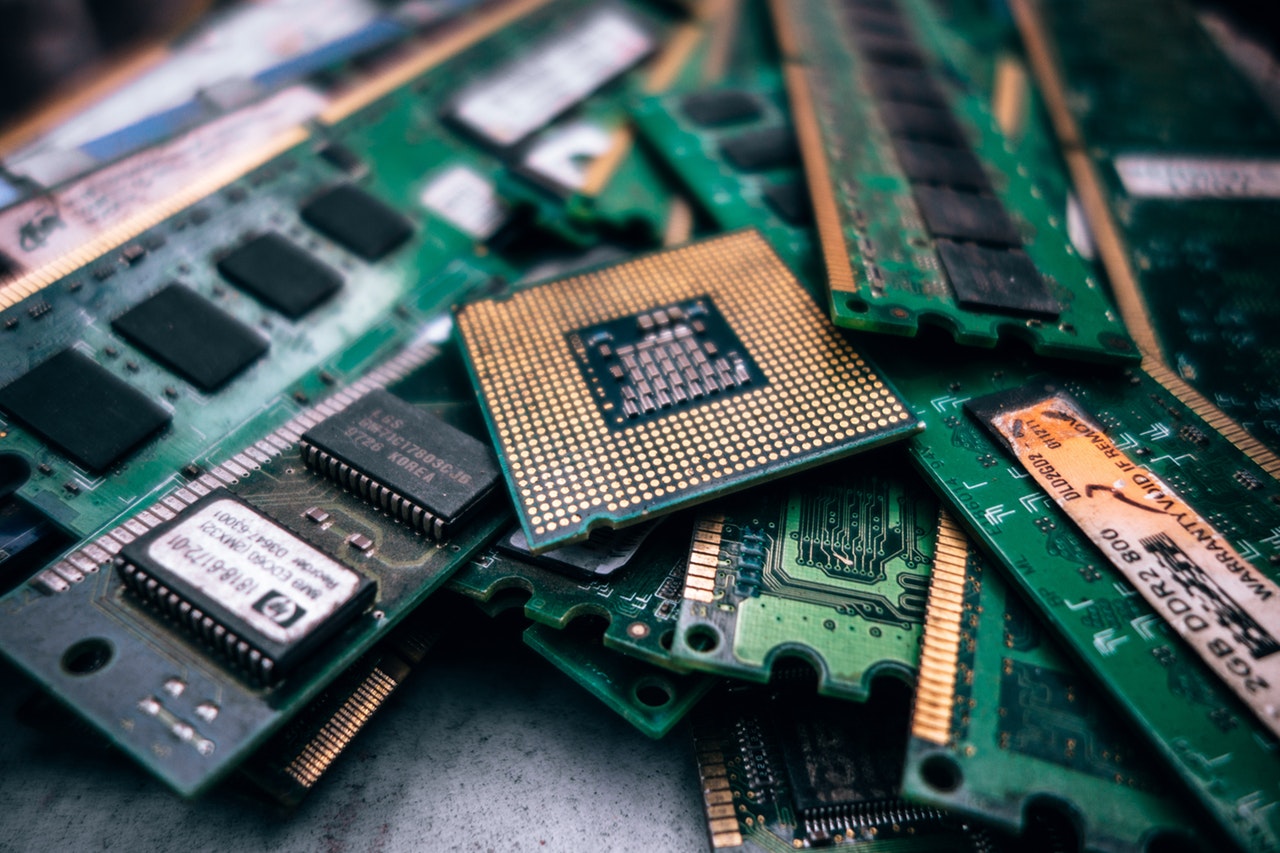
E-Waste Recycling
With the ever-increasing production of consumer electronics around the world, e-waste is mounting to unprecedented volumes. While this might seem like yet another waste problem the world is facing and needs to resolve in order to preserve the environment in the long run, the current trend is actually creating an opportune environment for the growth and popularization of a new kind of business e-waste recycling.
All consumer electronics have a lifespan, and once they have reached its end, they can either become a part of a landfill (in which case hazardous materials can escape and leek into the environment) or be taken to recycling facilities for deconstruction and further processing, eventually becoming part of another set of electronics. This seemingly never-ending process has made electronic waste recycling a lucrative business opportunity so here is what you need to know in order to step into the game and establish a successful recycling business.
Benefits of e-waste recycling
First and foremost, it’s important to understand just how recycling e-waste can benefit the environment and the global job market as well. The essential benefit of recycling is that it helps conserve natural resources, and minimize the negative impact of hazardous waste materials on the environment. By recovering valuable materials from old electronics, you can reduce pollution, save energy, and significantly cut greenhouse gas emissions.
Not only that, but recycling e-waste helps minimize landfill use and creation, effectively alleviating the pressure on the eco-system that these sites create. Lastly, recycling helps fuel and expand the job market by creating numerous positions within the industry, ranging from de-manufacturing operators to site managers and more. With these benefits in mind, let’s take a look at the primary considerations for kick-starting an electronics recycling business.
Considerations for starting a waste recycling business
As with any new business venture, there are a few crucial factors to consider beforehand, including the level of investment, the time and expense of proper certification, health and safety in the workplace, and legislation.
● Investment considerations. If the Institute of Scrap Recycling Industries is anything to go by, annual sales in the e-recycling sector can rise anywhere between a few million dollars to as much as $60 million. That said, different types of recycling businesses will establish different revenue margins.
Investment costs will depend on the business type, with low investments needed for simple pick-up and shipping companies, all the way to several million dollars for companies that offer sophisticated separation solutions.
● Proper certification. Expect the certification program to cost you anywhere between $5k and $50k depending on the type of recycling business.
● Health and hazard protection. It should go without saying that these sites must offer proper protection against hazardous elements, fire, and dust.
● Legislation and compliance. Governmental oversight is increasingly influencing the e-recycling industry as a whole. This is a positive step towards business expansion and better recovery rates from landfills, but it also means that your company needs to follow the ruling laws and regulations in the region to the T.
Understanding the e-waste recycling process
Given the fact that prices are rising for precious metals around the world, such as the positive gold price trend in recent years, recycling old electronics and extracting such precious materials can be a lucrative business opportunity. Achieving this is easy in a specialized facility boasting the adequate workforce for the job, as well as specialized machinery to expedite the process and take care of the more delicate tasks.
Valuable metals such as gold, copper, aluminum, lead, and palladium are recovered from consumer electronics such as televisions, computers, and smartphones for a profit, while the rest of the scrap is sent away for further processing and recycling. Needless to say, nothing will go to waste and many functioning parts will make their way in brand new configurations.
Primary business opportunities within the industry
There are three major e-recycling career paths you should consider: collection depots, consolidation points, and recycling.
● Collection depots are basically facilities authorized for the storage of electronics, their assortment according to electronics type, and eventual shipment to consolidation centers. This is definitely a business model that requires minimal investment and can open a doorway to erecycling industry.
● Consolidation points are used for logistic purposes, combining LTL stocks to be combined into full loads in order to establish transportation efficiency and efficacy. From these locations, fully organized and palletized loads are transported to the recycler.
● Primary recycling facilities receive the assorted shipment of old electronics for de-manufacturing and disassembly. Operators carefully take apart the electronics and sort various different materials into appropriate categories like glass, steel, circuit boards, and more. During the secondary recycling process, valuable metals and materials can be extracted in order to be sold and boost revenue for the recycling business.
In conclusion
The electronics recycling industry is on a steady rise, as the need for specialized recycling facilities continues to grow in the wake of increased electronics manufacturing across the globe. With these benefits and business opportunities in mind, you can safely venture into the industry, and pave the road to long-term success in the field.
